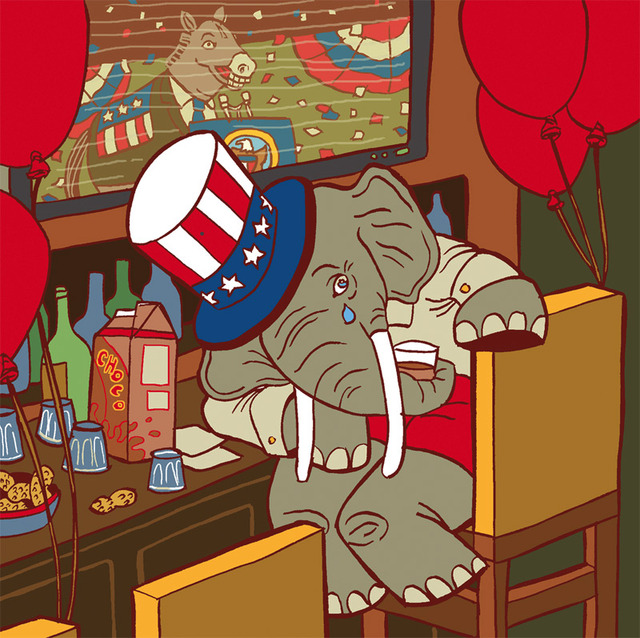Election 2012: Local Gop Reacts To A Spate Of Losses
Local Gop Reacts To Spate Of Losses


Julia Minamata juliaminamata.com
Latest Article|September 3, 2020|Free
::Making Grown Men Cry Since 1992


Julia Minamata juliaminamata.com

